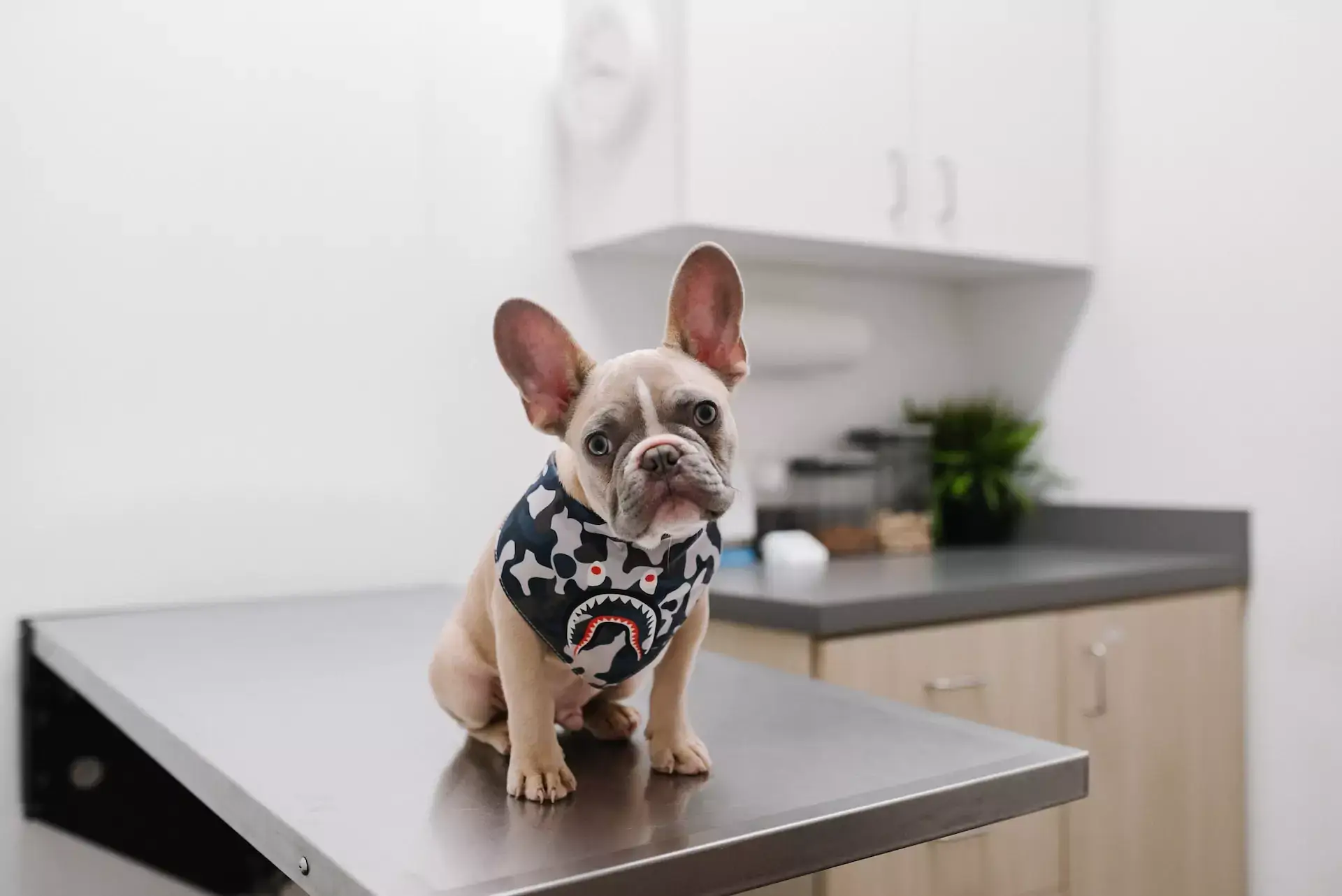Help Them Find Their Way Back Home in Des Moines by Dr. Nancy Peterson
August 13, 2013
My dogs are highly trained dogs and I would have swore that one of my dogs would never be loose and lost in Des Moines, but in a moment of panic my sheltie ran and was missing. It was a very long 24 hours before he was found safe and sound.
There are many reasons that pets can come up missing from wandering off, an accident or even a natural disaster. Making sure your pet has identification is an important step in helping them get back home. According to the American Humane Association almost 9.6 million pets are euthanized every year because they can’t be reunited with their owners. Collars and tags are important but microchipping is a valuable way to identify your pet because microchips don’t slip off, tear, wear off or become lost.
A microchip is a computer chip about the size of a grain of rice and it is injected under the skin between the shoulder blades. It does not require anesthetic, takes just a few seconds and can be done in the exam room by your pet’s vet. The experience is similar to getting a vaccination.
Each microchip has a unique registration number that is entered into a data base with your name and contact information. If your lost dog or cat is found and brought in to a Des Moines vet, shelter or humane society nationwide, they will use a microchip scanner to read the number and contact the registry to get your information. A microchip is not a GPS tracking unit that tells you where your pet is located.
A hand held scanner is used to read the microchip. The microchip itself does not have a battery—it is activated by a scanner that is passed over the area, and the radiowaves put out by the scanner activate the chip. A microchip should last the lifetime of your pet because it does not need a battery and has no moving parts, there’s nothing to keep charged, wear out or replace. Your Des Moines vet and all shelters should have scanners available to check for microchips and to help reunite lost pets to their homes.
It is important to get your dogs and cats microchipped but it is just as important to make sure that you can be found, too. When your pet doctor or shelter places a microchip the next step is to fill out and submit the registration paperwork so that your contact information is linked to your pet’s microchip number. Remember to update the information when your contact information changes!
According to the American Animal Hospital Association only about 17% of lost dogs and 2% of lost cats ever find their way back to their owners. Prevent the heartache and contact your Des Moines vet to ensure your pet has an up-to-date microchip.




